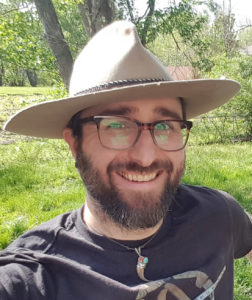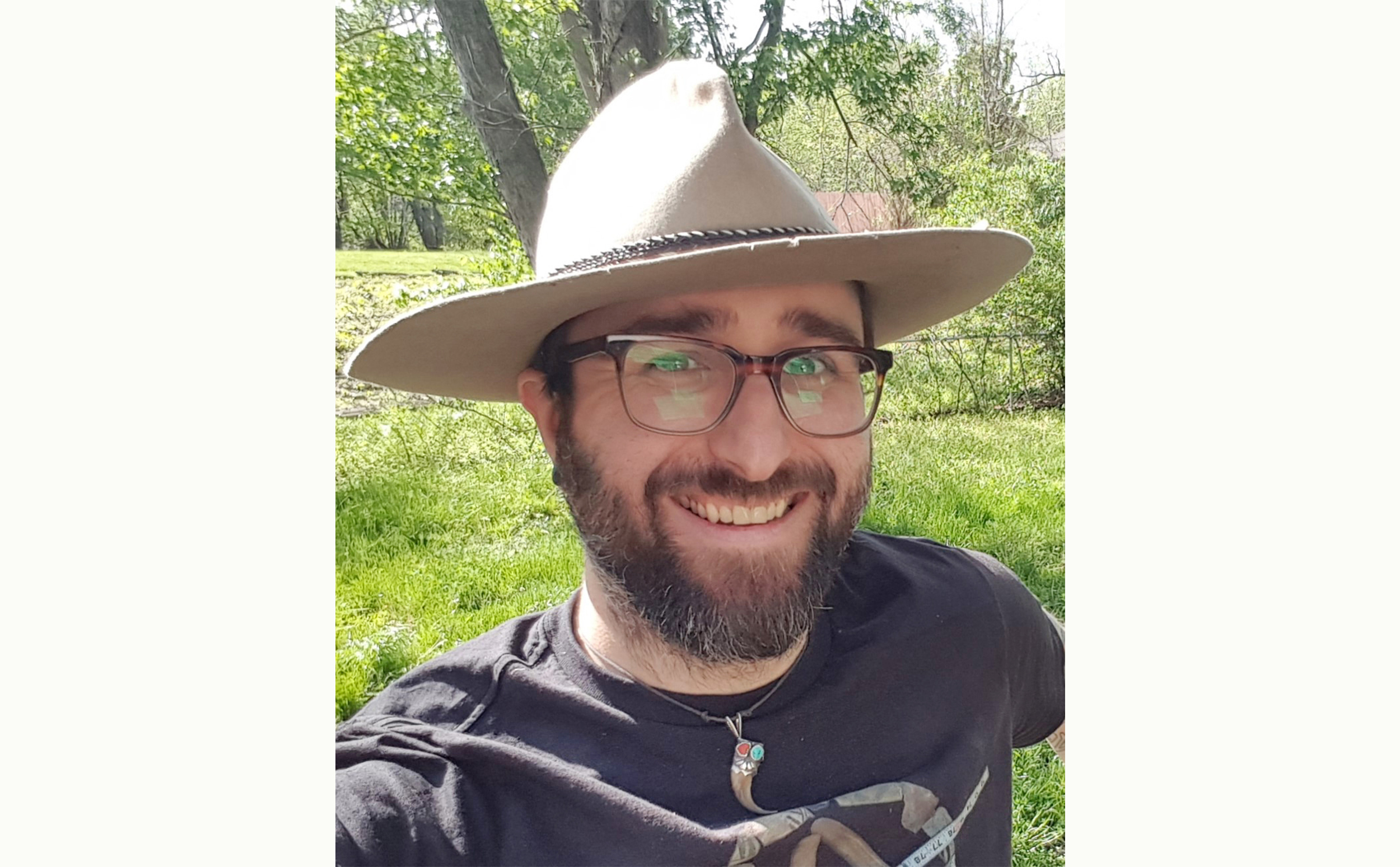November 23, 2020

Lewis Borck
Las Vegas, N.M. – New Mexico Highlands University anthropology professor Lewis Borck had a special issue of Critical Archaeology Forum in 2020 devoted to his archaeology research that explores how Indigenous history is often erased when creating world heritage sites.
The Critical Archaeology Forum special issue is a response to Borck’s Journal of Contemporary Archaeology paper on the same subject in 2019.
“Archaeology, and all types of research that involve writing stories about the past, is creating history in the present,” Borck said. “When we decide to mostly preserve societies with rulers and inequality – or when we glorify these societies as more interesting – we make it more difficult to imagine solutions that create more equality in the present.”
“Archeologists write history. Historians write history. The history we write has a huge impact on how people relate to each other and to the world in the modern day,” Borck said.
Borck said his articles focus upon archaeological preservation practices of the UNESCO World Heritage program in North America and the Caribbean. UNESCO stands for the United Nations Educational, Scientific and Cultural Organization.
In his 2020 Critical Archaeology Forum paper, titled “Seeds to Trees: Connecting the Means and Ends in Heritage Management,” Borck writes that one of the most important things UNESCO needs to do is work directly with marginalized communities, particularly Indigenous ones, and give them the same equal voting rights as the countries that are involved in creating UNESCO World Heritage Sites.
“As it stands now, countries with voting rights in UNESCO have representatives mostly from those societies’ elites,” Borck said.
In the Critical Archaeology Forum publication, Borck and other archaeologists respond to his 2019 Journal of Contemporary Archaeology paper titled, “Constructing the Future History.”
“Based on the pattern of preservation decisions that the UNESCO World Heritage program is making in North America and the Caribbean, it participates in a long-term erasure of Indigenous histories that don’t look similar to contemporary countries in the Western world,” Borck said.
Borck is an archaeologist who primarily studies the culture of past peoples in the U.S. Southwest and focuses on examining how social movements shaped religion and politics through time.
“I’m interested in how history is created, looking at how modern bias can create that history, and looking at revolutions in the past,” Borck said.
Borck joined the Highlands University faculty fall semester 2020. He completed his Ph.D. in anthropology with an emphasis in archaeology from the University of Arizona in 2016. His doctoral dissertation was titled, “Lost Voices Found: An Archaeology of Contentious Politics in the Greater Southwest, A.D. 1100 – 1450.”
Borck was a postdoctoral fellow and adjunct research associate in the Department of Anthropology at the University of Missouri from 2019 – 2020. Previously, he taught as an assistant professor of archaeology at the Universiteit Leiden, The Netherlands, from 2017 – 2019.
At Highlands, Borck teaches courses such as Archaeology of the Southwest and Introduction to Physical Anthropology and Archaeology.
“I want my students to know that there are many voices writing the past, with a lot of different agendas, and that they need to be critical of the histories they are learning because they never know what assumptions those people have included, knowingly or not,” Borck said.
Borck’s previous research is published in other scholarly publications such as the Journal of Archaeological Methods and Theory, Proceedings of the National Academy of Sciences, and Kiva: The Journal of Southwestern Anthropology and History.

